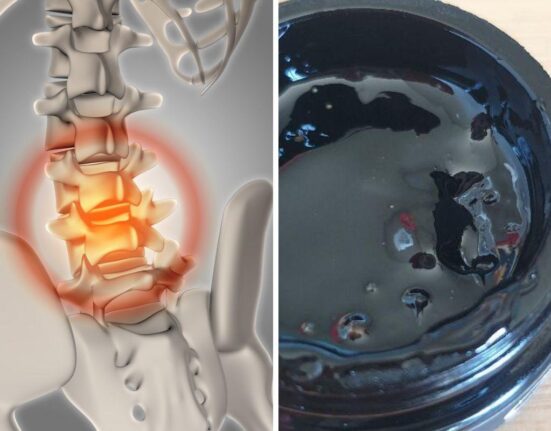Hand sanitizers are a fast and convenient way to keep your hands clean, but, do they kill ringworm? And are they safe to use in the long term?
Many might think that hand sanitizer is a miracle worker, capable of killing any germ out there. But does it have what it takes to kill the dreaded ringworm? The answer might shock you!

First, let’s get one thing clear: hand sanitizer is not your one-stop-shop for all things germ-related. While hand sanitizer may be great for killing bacteria, it is not designed to tackle fungal infections like ringworm, nor is it gentle on skin.
Does hand sanitizer kill ringworm? Are you getting more than what you bargained for?
The short answer is no, hand sanitizer is no match for the robust strength of ringworm fungus. While alcohol-based hand sanitizers are effective in killing most germs and bacteria, ringworm is a fungal infection.

Hand sanitizer is not designed to kill fungi, and therefore, it is not effective in treating ringworm.
High levels of alcohol: Alcohol is a key ingredient in most hand sanitizers as it has germ-killing properties. However, high levels of alcohol can strip the skin of its natural oils, leading to dryness, irritation, and even cracks.
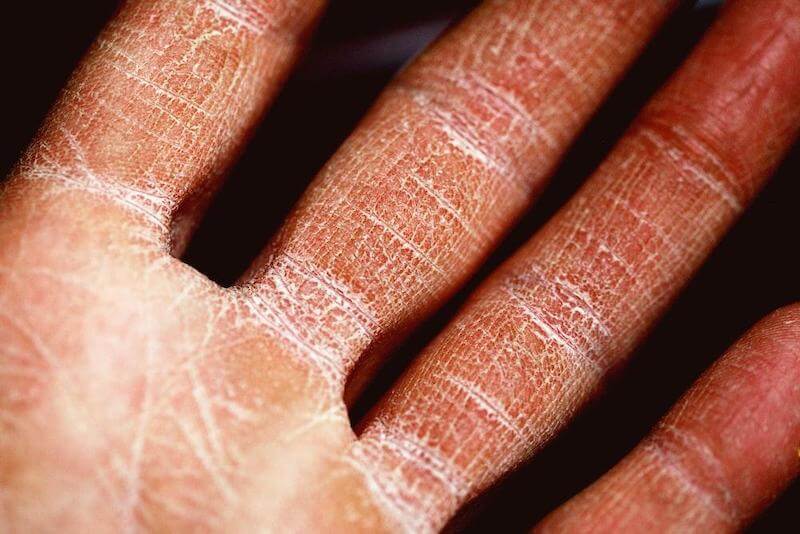
This can make the skin more susceptible to infection and make fighting ringworm even more challenging.
Triclosan: A common ingredient in antibacterial products, triclosan is linked to hormonal imbalances and can harm the immune and endocrine systems.
Exposure to this chemical over an extended period can contribute to antibiotic resistance and trigger other health issues.
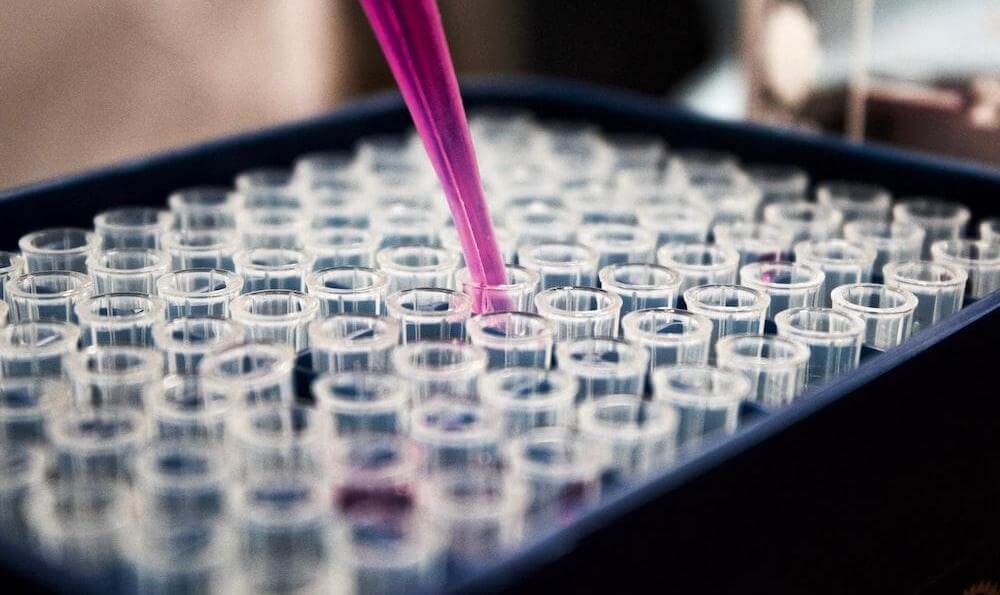
Phthalates: These are chemicals that have been shown to disrupt the endocrine system and negatively impact reproductive health. When present in hand sanitizers, they can cause hormonal imbalances and contribute to the weakened immune system, making it harder to fight off ringworm.
Parabens: Parabens are a type of preservative that can cause allergic reactions and disrupt the endocrine system when used in high concentrations. This chemical can, in turn, lead to weakened immunity and put people at greater risk of developing a ringworm infection.
Fragrances and Dyes: Hand sanitizers often contain fragrances and dyes to enhance the user experience.
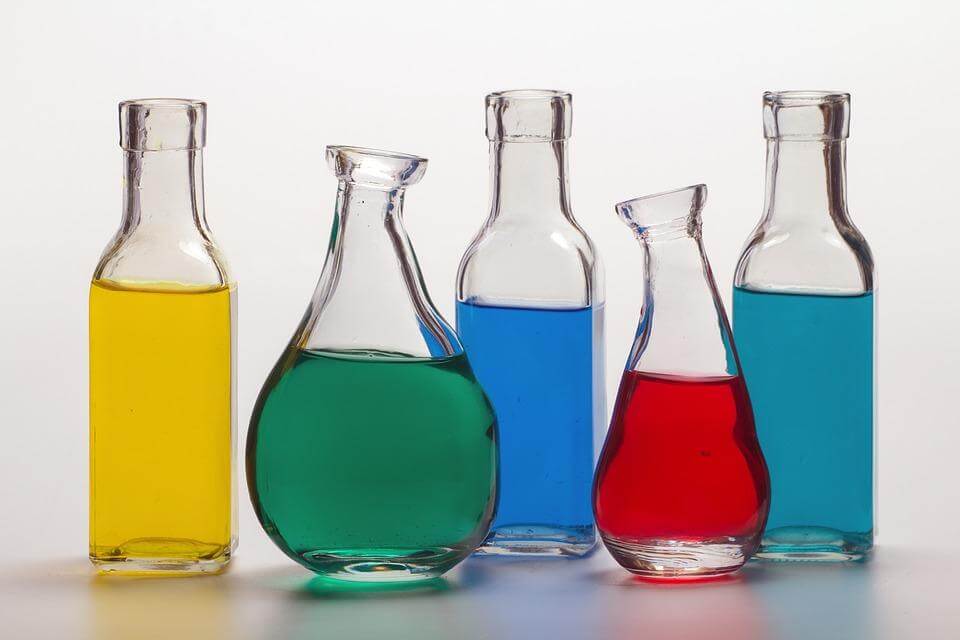
However, many of these can irritate the skin and trigger allergic reactions, making it harder to fend off infections like ringworm. Prolonged exposure to these chemicals can lead to hormonal imbalances and weakened immunity.

What are the side effects of using hand sanitizer?
The most common side effects of using hand sanitizer are usually caused by the alcohol content and other chemicals present in the product.
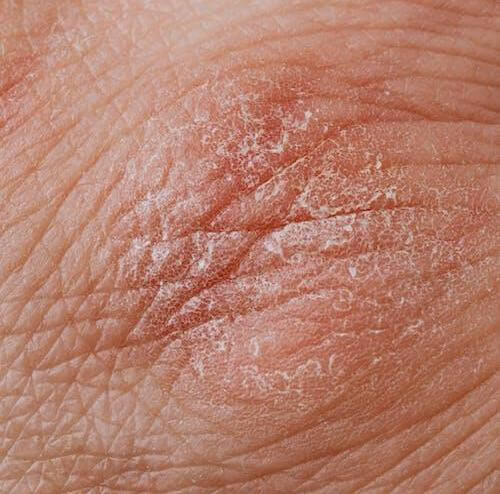
Alcohol is a potent drying agent that can strip the skin of its natural oils and moisture, which can result in dry, flaky, and cracked skin.

In addition to dryness, hand sanitizers can cause skin irritation and sensitivity, especially for those with pre-existing skin conditions or sensitive skin.
Prolonged exposure to hand sanitizer can damage the skin’s moisture barrier and lead to irritation, rashes, and painful cracks, which can further predispose the skin to harmful infections like ringworm.
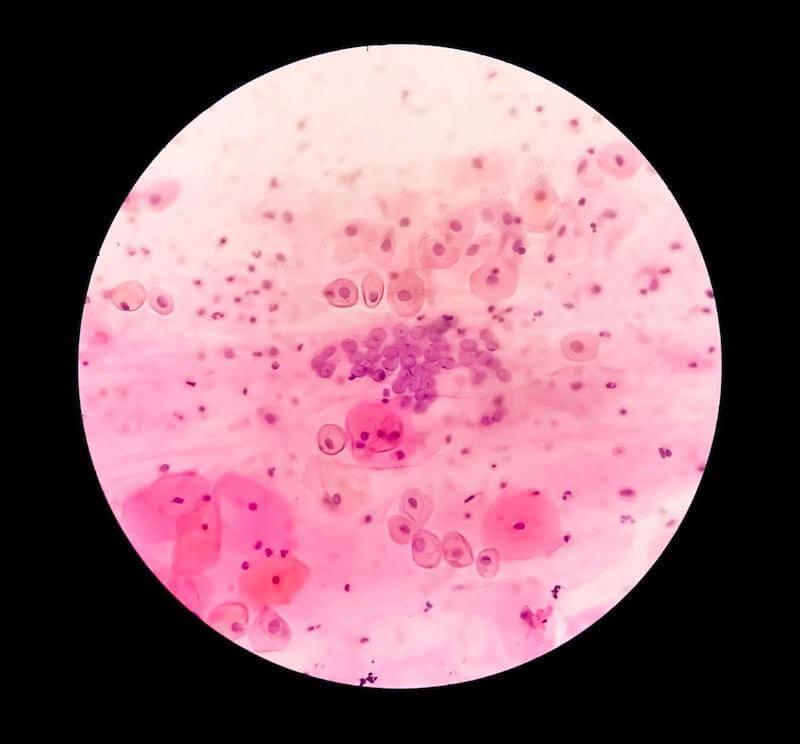
- Antibiotic resistance is one of the most significant health crises facing our world today. Overuse and misuse of antibiotics have created a situation where we are now facing strains of bacteria that are resistant to our most potent antibiotics, rendering many formerly curable infections lethal.
While hand sanitizers do not contain antibiotics, long-term and excessive use of hand sanitizers can contribute to the development of antibiotic-resistant bacteria.
This is because hand sanitizers contain alcohol, which can kill bacteria effectively. However, the bacteria that survive this exposure will develop resistance to the alcohol, making them more difficult to eradicate with other treatments.
- Lowered immunity is another risk of long-term hand sanitizer use. Frequent use of an alcohol-based hand sanitizer can lead to the skin losing its natural oils and pH balance, which can lead to micro-abrasions and dry, cracked skin.
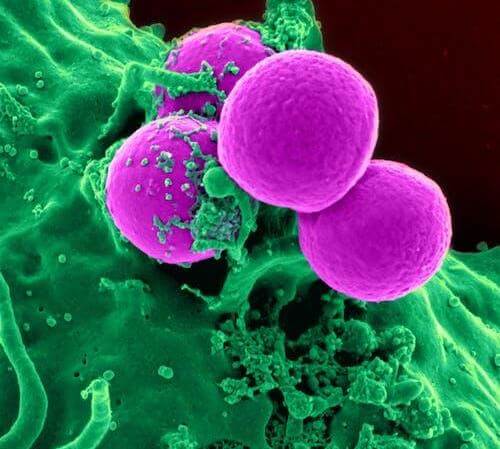
These micro-abrasions and cracks can provide entry points for bacteria and viruses, further decreasing immunity and making it harder to fight off infections like ringworm.
Hand sanitizers kill both good and bad bacteria indiscriminately, disrupting the natural balance of bacteria on the skin, including those that serve a useful function in preventing the growth of harmful bacteria.
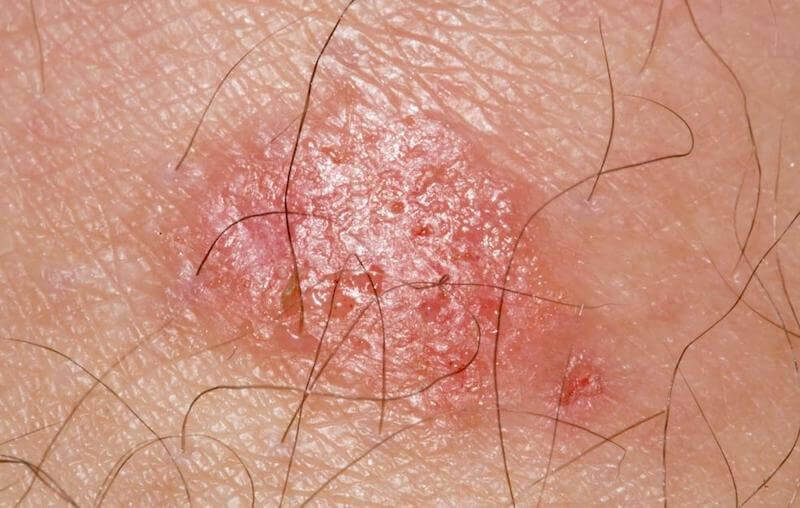
Again, ringworm is a fungus, so it is not deterred too much by most hand sanitizer alcohol heavy ingredients.
As a result, frequent use of hand sanitizers decreases the skin’s protective properties, making it easier for harmful bacteria and viruses to enter the body.
What natural solutions can I use instead of hand sanitizer?
Many simple, natural alternatives are available to disinfect your hands effectively, including:
- Soap and water: Wash your hands regularly for at least 20 seconds to remove germs and bacteria with an all-natural turmeric soap.
To learn more about the wonderful things turmeric soap can do for your skin
Check Price Of turmeric soap on Amazon
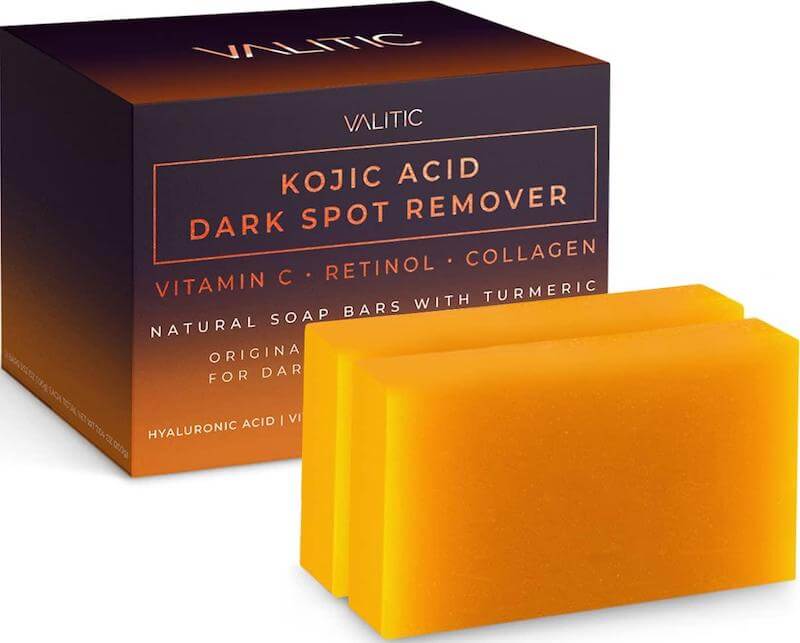
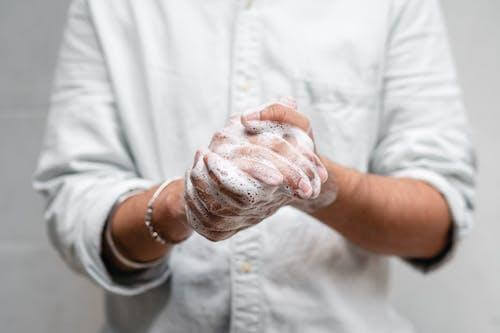
- Vinegar: A natural disinfectant that kills germs and bacteria.
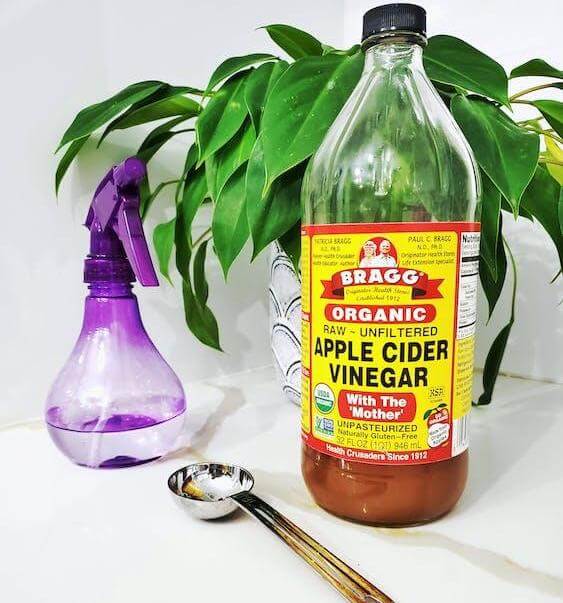
Check Price of Braggs Vinegar On Amazon
- Tea tree oil: A natural antiseptic that has potent germ-killing properties.
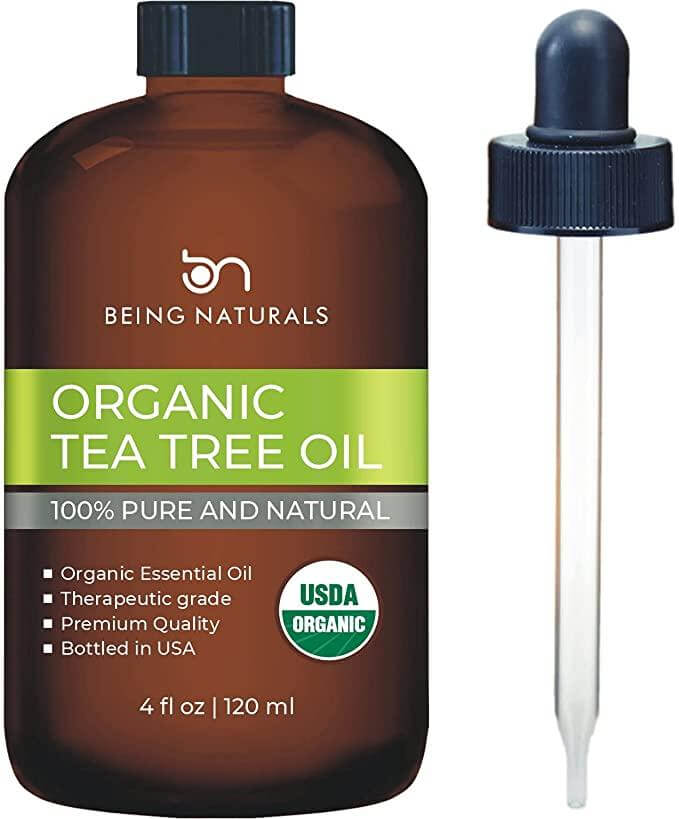
Check Price Of Organic Tea Tree Oil on Amazon
Concluding thoughts- We do not need to use hand sanitizer much at all! There are much better alternatives.
Regular hand washing with soap and water is sufficient in most cases to remove germs and prevent infections. Hand sanitizers are useful in situations where soap and water are unavailable or impractical. However, it is essential to limit using hand sanitizers to avoid any potential is harmful effects.
While hand sanitizers may be helpful for killing bacteria and germs, they are not effective in treating ringworm.
Excessive reliance on hand sanitizers, especially those commercial varieties, can be detrimental to your health in the long run, so the sooner you discover and start using more natural treatments, the better.
More from thewellthieone.com
The links used on thewellthieone.com are affiliate links, which may provide a small commission. This does not increase the price of the goods for the consumer whatsoever. What it does is ensure that useful content like this can continue to be produced. Thank-you for enjoying our content and allowing us to continue to provide more.







